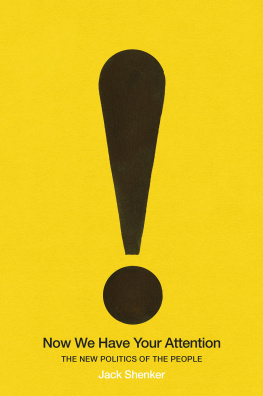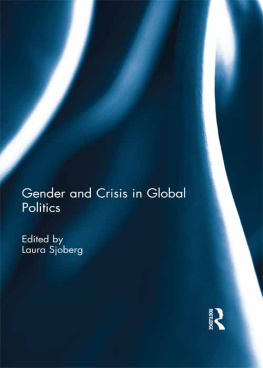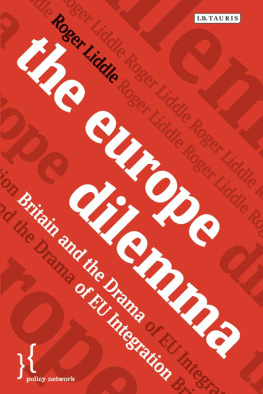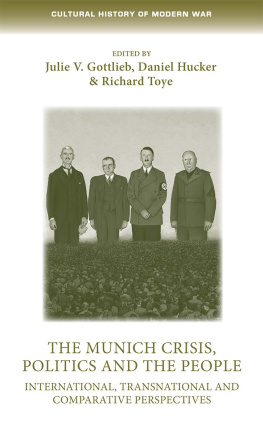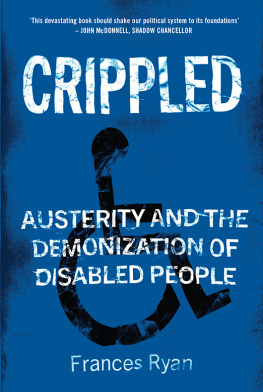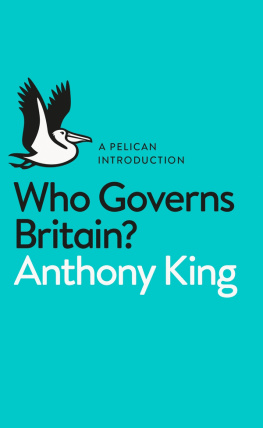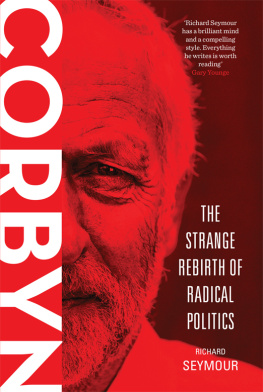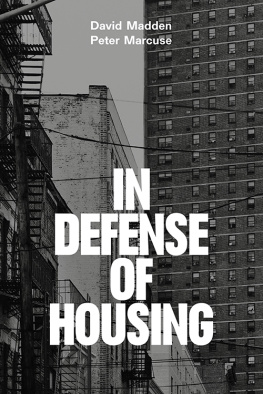

JACK SHENKER
Now We Have Your Attention
The New Politics of the People

Contents
- 1 Youth :
Ancoats, Manchester - 2 Community :
Tilbury, Essex - 3 Work :
Westminster, London - 4 Borders :
Dungavel, South Lanarkshire - 5 Homes :
Kensington, London - 6 Parties :
Brighton, East Sussex - 7 Futures :
Wallsend, Newcastle
About the Author
Jack Shenker is an award-winning reporter on radical politics and protest whose work has been shortlisted for the Orwell Prize. In his mid-twenties he was appointed Egypt correspondent for the Guardian, covering the 2011 revolution and Arab uprisings, which led to his critically acclaimed first book, The Egyptians: A Radical Story. He writes regularly for a wide range of publications, including Granta, the New York Times and the London Review of Books; his journalism has covered Gaza, Africa, Central Asia and the United States, as well as Britain and Europe, and has been translated into several languages. He is based in London.
Also by Jack Shenker
The Egyptians: A Radical Story
For Amy,
and making maps together
Were happy, surely? He pressed his presumption just a little. Shouldnt we be sensible, too?
But the disturbance that had come did not give up its ground.
William Trevor, An Idyll in Winter
Prologue
This book is a journey across a country in crisis, although not the crisis we usually read about in the papers or hear about on the news. In a weird, disorientating age marked by political earthquakes and volcanoes shock election results, constitutional chaos, new parties, new leaders, new governments it tries to go below the surface and look instead at what is animating all this turmoil; at the movements of the tectonic plates underneath. Over the past few years, while most journalists were converging on Westminster to understand why things are falling apart, Ive found myself going the other way: seeking out not the symptoms of the breakdown, but the causes. I ended up sitting in franchised coffee outlets and nondescript office blocks all over Britain; climbing over mammoth construction sites and factory ruins; wedging myself into basements, squats and the shadows of glitzy conference halls; walking along fields, rivers, football pitches and far-flung business parks, searching all the while for clues. What I discovered was the opposite of what weve been led to expect: not an anti-politics, but a fierce and liberatory engagement with the way that power, money and privilege mould our lives. There is mass disillusionment, certainly, with the organs of the state that are supposed to mediate and regulate these forces in 2019, polling suggested that three-quarters of the population believe politics is not fit for purpose but it is accompanied by a hunger for new forms of agency, representation and action, both within the conventional political arena and beyond it. What path those new forms take, and the disturbances they produce, will have a revolutionary impact on us all.
As the long, late twentieth century draws messily to a close, we are witnessing for better or for worse the end of a particular paradigm, one that has shaped our world for about forty years. For many, including myself, it spans an entire lifetime or more. That period has not been uniform: it has encompassed great changes to the ways in which we work, play and communicate, to the technologies we use and to the tales we tell about ourselves. But there is a constant thread running through it, namely an organising principle based on free markets, movable money and competition on an evergrowing rivalry between people, companies, cities and regions. The economic system that was built around that principle imploded during the financial crash of 2008, with spectacular global consequences. In Britain, our political leaders tried to carry on as if nothing had really changed; the grammar and syntax of institutional power remained the same, as did the lens through which the press evaluated and reported it. But although liberal capitalism has so far endured, superficially at least, something important did change, and that was the logic behind the economic system, the justification it offered up for its existence. After 2008, that logic contradicted the lived reality of millions. In the gap between the mentality of a sclerotic governing class and the way things felt to those outside of it, rebellions began to take root. They came from the left and the right, from the young and the old, and they manifested themselves at the ballot box, on the street, and in a vast array of different forms. They went off haphazardly, in multiple directions, and political pandemonium ensued. Now, although the economic system staggers on for the time being, the infrastructure around it is crumbling. We dont yet know what will emerge from the rubble, but in this book I identify the shoots of something altered, something new.
Historical paradigms do not end neatly and tidy up behind them as they leave; nor do new ones arrive fully formed, ready to fill the void. What we can say is that we are living simultaneously through the slow-burn decline of a still-present past, and the birth pangs of contested futures: its a churn that fills the air around us, and seeps into all the cracks. This churn has left many of those who traditionally navigate the political terrain on our behalf pundits, columnists and politicians scratching their heads, and staring at outdated maps in confusion. I feel completely lost, admitted David Runciman, head of politics at Cambridge University, in 2019.
Most journalists continue to fixate on the personalities, parties and parlour games of Parliament, as if the answer to where the turmoil comes from must lie somewhere within its limits. Its a category error that has contributed to an epic disconnect: the breathless frenzy of Westminster on the one hand, where things seem to change at a thousand miles a minute but are actually mired in stasis, and real life on the other, where we continue to go about our days as normal, even as, gradually, many of the political, economic and social building blocks of the country around us are transformed. What a funny, contained emergency it is, observed the economics commentator Aditya Chakrabortty, on the means by which our current bedlam is routinely presented to us. It is as if the revolution of 1789 was being covered entirely from inside the Versailles court of Louis XVI.
And so in these pages Im attempting to do something very different. While most news coverage is sped up, this book slows down to give time and space to the stories of individuals and communities about how we got here, and where we might be going next. While most news coverage feels weightless and free-floating, curiously disembodied from the physical places that frame our lives and inform our politics, this book is grounded in tangible geography in concrete, metal, grass and water. And while most news coverage is ahistorical, landing with instant razzmatazz but little context, this book interrogates the reckonings, and unreckonings, of the past that run right through us. It illustrates the ways in which the tone of most news coverage reflects the outlook of our formal politics, a formal politics that is failing in our midst. And it travels into the crevices where an alternative politics is beginning to materialise from a dank club night in Brighton to a cleaners store cupboard near the House of Commons and a shabby shopfront in Scotland, almost 400 miles north.
Next page
